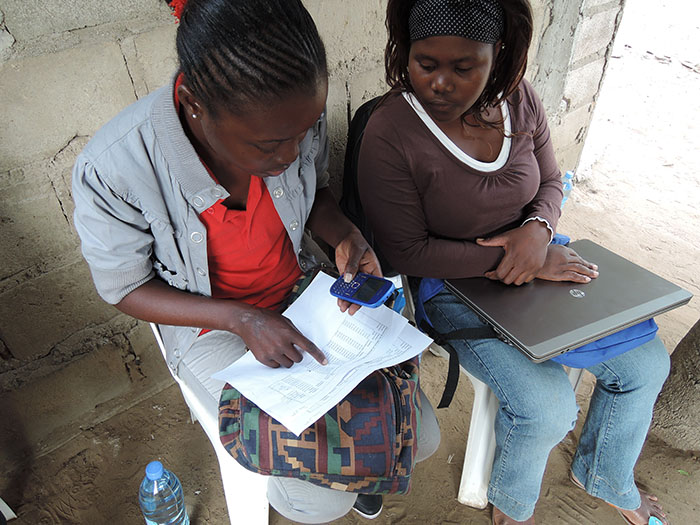Background
In Mozambique, like many other sub-Saharan African nations, there has been a surge in mobile phone ownership and use in the last decade, as governments have opened their telecommunications markets to the new technologies. Development programs in Mozambique have tapped into that growth by introducing 22 mHealth interventions; that is, interventions which use mobile technologies to improve health. The interventions address a range of health issues, including HIV/AIDS, nutrition, and antenatal and postpartum care. Yet despite the low contraceptive prevalence rate in the country—particularly among young people—no current mHealth initiatives focus on contraception.
Demographic and Health Survey statistics poignantly demonstrate the clear need to increase young people’s access to contraceptive information and methods: in 2011, just 6% of females aged 15-19 and 11% of females aged 20-24 were using a modern contraceptive method in Mozambique. Lack of knowledge about and cultural acceptance of contraception are two main drivers of low uptake in the country.
Text Messages: Improving Sexual and Reproductive Health Knowledge, Attitudes, and Self-Efficacy Among Youth in Mozambique
E2A, through Pathfinder International’s mCenas! project in Mozambique, explored how a short message service (SMS) system can be used to expand access to sexual and reproductive health information, and consequently improve sexual and reproductive health knowledge, attitudes, and self-efficacy among youth ages 18 to 24. The SMS system—which was tested for three months in Maputo and Inhambane provinces—has three main components:
- A story delivered through SMS messages that youth can relate to and draw on for further dialogue and reflection with peers.
- Informational messages about each contraceptive method.
- An interactive “frequently asked questions” function where youth can ping the system for information about a range of sexual and reproductive health topics.
E2A conducted an assessment of the mCenas! SMS system by collecting baseline and endline data, primarily through face-to-face interviews with more than 500 young people. The study’s primary aim is to compare changes in measures of contraceptive knowledge, attitudes, and self-efficacy. Secondary objectives are to examine contraceptive method continuation, discontinuation, and switching. The results of this study provide evidence on the effect of the mHealth intervention in bringing about desired behavior changes through enhanced knowledge about sexual and reproductive health among youth in Mozambique.
Key findings from the study include:
- mCenas! contributed to an increase in the number of contraceptive methods the young participants knew about.
- Perceptions of safety, ease of use, and effectiveness improved significantly among males and females for multiple modern methods.
- The interventions contributed to some increases in intention to use a method in the future.
- Youth were better informed about contraception and its effects following exposure to the SMS interventions.
- Self-efficacy at both baseline and endline was high for males and low for females.
- Participants were largely satisfied with the intervention, felt comfortable sending and receiving SMS messages about sexual and reproductive health, and expressed willingness to receive SMS messages on sexual and reproductive health in the future.
For more details, read the study report and policy brief derived from the longer report.
